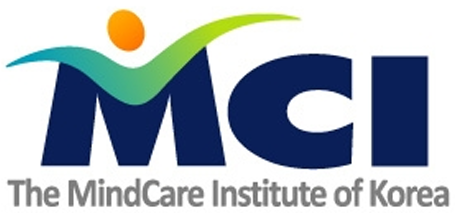



|
The goal of our center is to provide empirically based assessment and therapy to our clients. Therapy has and always will be a healing art at the heart of which is the relationship between the therapist and the client. However, in the past 30 years there has been an explosion of research on new and innovative but also empirically sound ways to assess and treat a variety of psychological disorders. At our clinic, research meets practice, and we are always looking for ways to expand and further our training to learn new ways or to hone ¡°old and tried¡± ways of helping our clients. The main work that we do with our clients is traditional psychotherapy and we are very conservative about providing therapy that does not have any empirical grounding. However, we are open to trying rationally sound new ways to expand old methods. For example, for parents of children with developmental delay and speech delay, and/or autism spectrum disorders we have begun to actually ¡°teach¡± parents in the session (akin to live supervision) how to play with their children to work on speech goals or social interaction goals rather than simply rely on parent education or on play therapy with the child only. We have also worked quite hard on trying to overcome the problem with lack of generalization for children¡¯s social skills groups and are in the process of developing different modules to target this problem. We try to incorporate volunteers from elementary, middle school, high school, and from colleges and universities to help out as mentors and group participants to help the groups be as close to ¡°real life¡± as possible. In addition, we pride ourselves on providing a thorough and comprehensive assessment for children ages 1 year and above to provide an accurate diagnostic picture of the child¡¯s difficulties and utilize a variety of assessment tools (including neuropsychological assessment tools) in the process. We also work closely with international schools both in Korea and abroad to help children who are bicultural and bilingual to be academically, socially, and emotionally successful in their schools. |